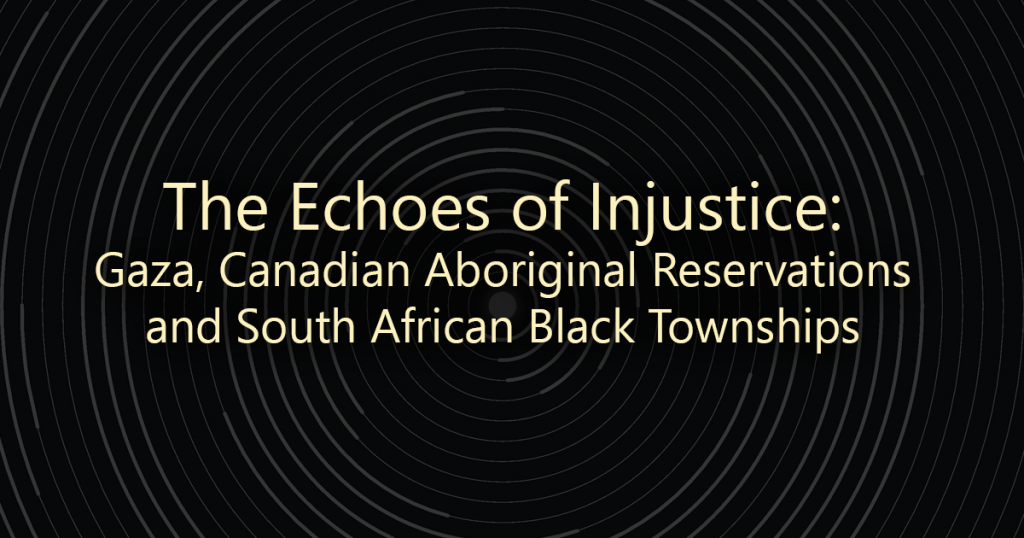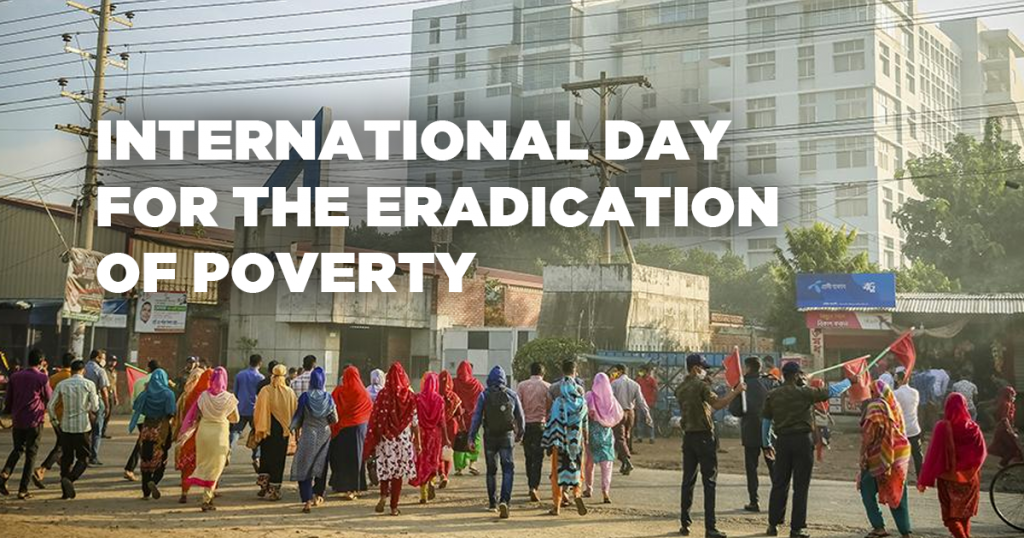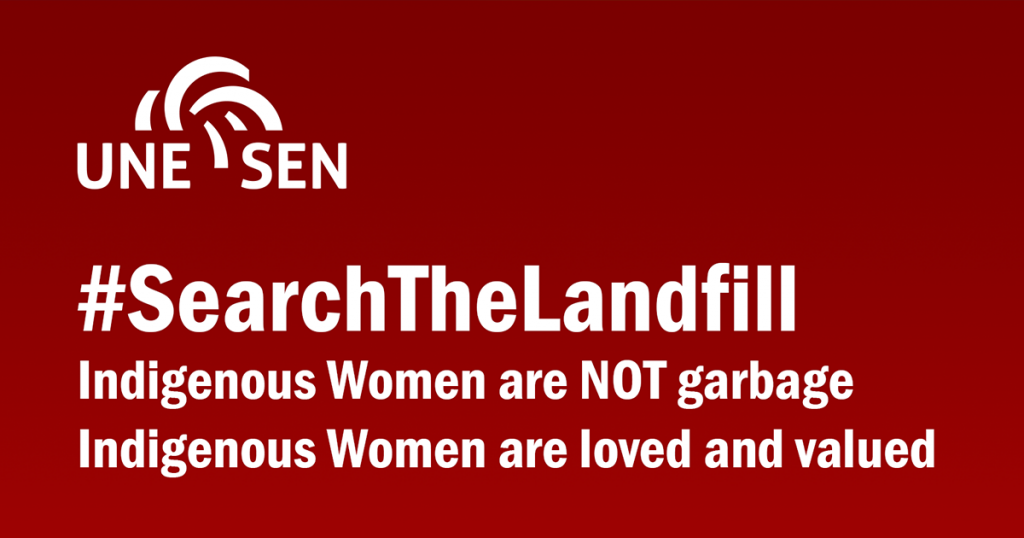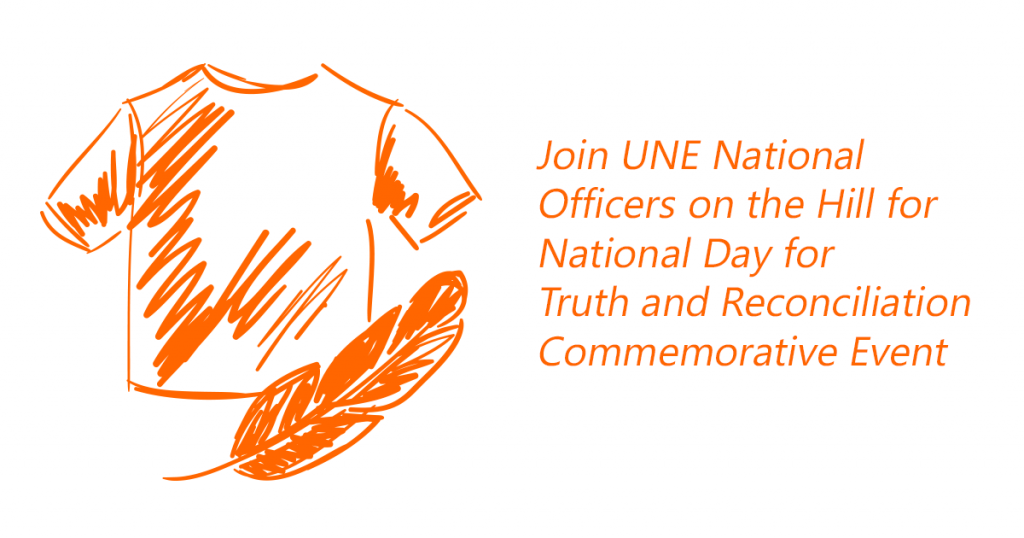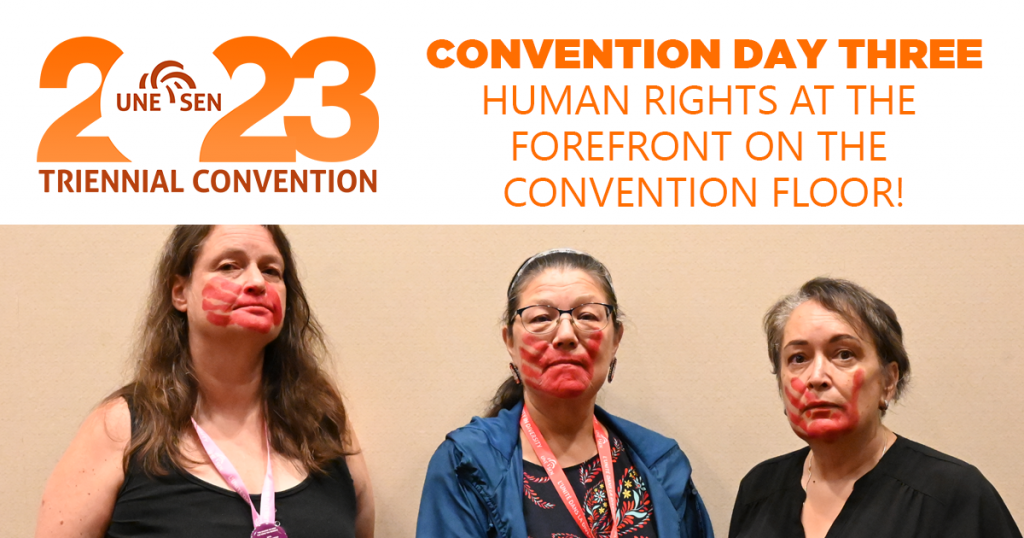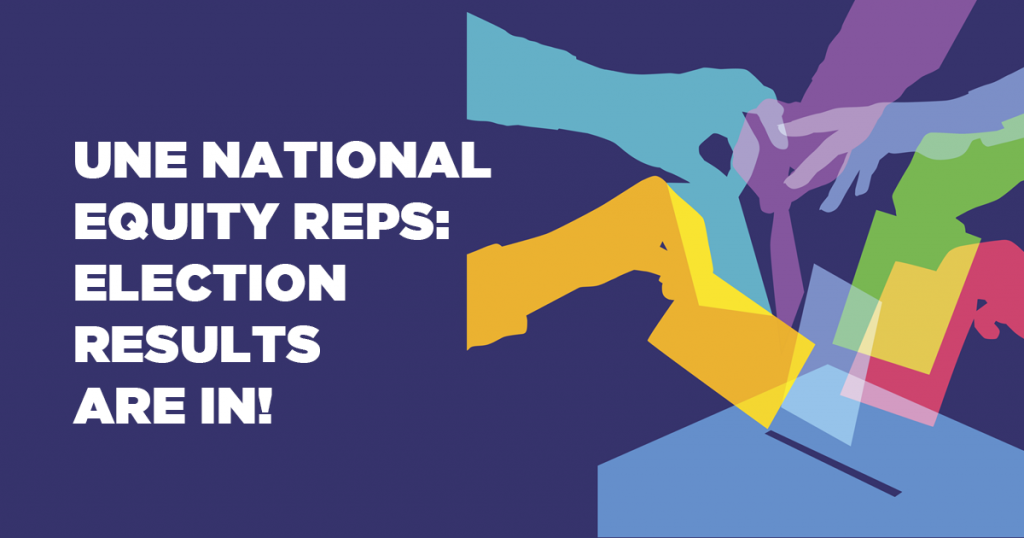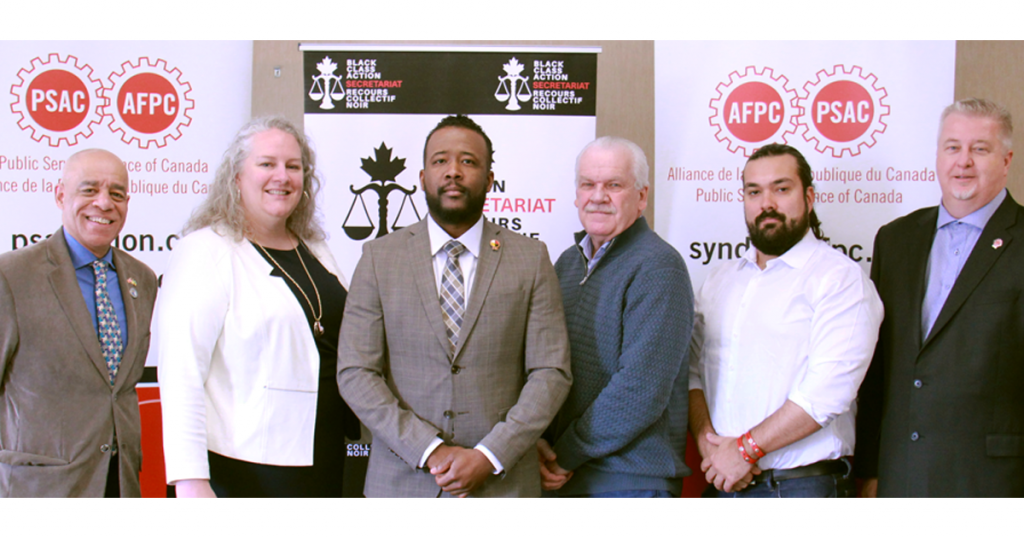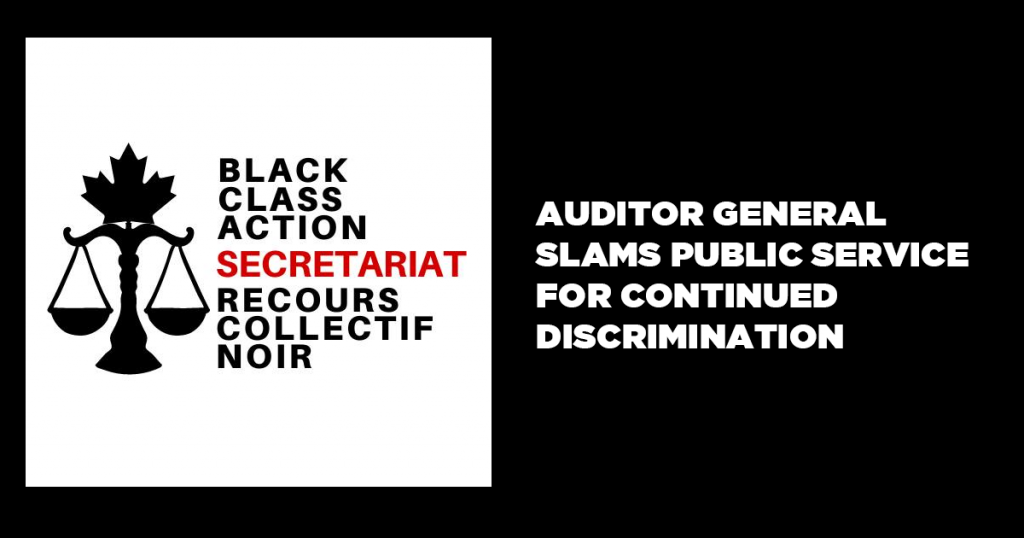
OTTAWA – The Auditor General released a scathing report on diversity and inclusion in the federal public service. The report takes serious issue with the failure of leaders in the public service to enforce existing laws, mandates, and requirements relative to diversity, equity, and, inclusion in order to ensure fairness and equality for Black and racialized workers throughout the Federal Public Service.
A major theme emerged from the confidential interviews conducted with racialized employees. They felt there was a lack of commitment to equity, diversity, and inclusion, and there was a perception that meaningful change was not being achieved. Some employees reported that they did not know the status of initiatives from action plans or what progress toward outcomes had been made. As a result, many believed that equity was an empty word in their organizations, and plans and committees were devoid of the potential to bring about meaningful changes.
The Report found that out of the six organizations reviewed none had established comprehensive reporting mechanisms on progress against specific outcomes relative to diversity, equity, and inclusion initiatives relative to racialized employees in their organization. As a result, the 6 organizations did not know whether their actions had made or would make a difference in the work lives of racialized employees.
The report further revealed that just 44% of the Black visible minority subgroup felt free to discuss racism without the fear of facing reprisals, in contrast to 55% of its visible minority survey respondents and 67% who felt similarly across the entire organization. This stark disparity underscores the presence of persistent anti-Black racism within the federal public service and highlights the deep-seated mistrust of internal processes by those who have experienced racial discrimination.
A landmark class action brought by Black public service workers against the Government of Canada was launched on December 1, 2020, to address patterns of systemic discrimination and negligence experienced by Black workers within the Federal Public Service and by Applicants who were denied hiring and promotion based on their race.
The claim challenges the visible minority category of the Employment Equity Act as masking disparities contrary to the equality rights and anti-discrimination guarantee to Black people under the Canadian Charter of Rights and Freedoms. The claim further seeks compensation and damages for the significant discrimination, harassment, and barriers experienced by Black applicants and workers throughout the Federal Public Service.
The report of the Auditor General lays clear the truths experienced by Black workers across the Federal Public Service in terms of racist and discriminatory treatment and significant fear of reprisal in circumstances where employees seek to raise these concerns.There is a woeful lack of accountability and measurement of actual outcomes on diversity, equity, and inclusion for Black workers. Despite years of reports and studies rehashing the same concerns, the reality is that Black workers continue to be ghettoised in the lowest levels of the Federal Public Service and excluded from the upper levels of management at consistently higher rates than other workers. This most recent Report is just one in a series that recognises this reality of the experience of Black public service workers. Nicholas Marcus Thompson, Representative Plaintiff
The Black Class Action Secretariat is calling on the Prime Minister, the newly appointed Minister of Justice, and the Court to intervene to ensure that Black Canadians do not continue to experience the same kind of institutional barriers, systemic discrimination, bad faith, and unfair treatment rooted in their race and skin colour, which concerns are validated by the Auditor General’s Report.
These employees deserve better. Canada deserves better, states human rights lawyer Hugh Scher.
Unions representing millions of workers across Canada have united in a collective call for the government to settle the lawsuit on behalf of thousands of Black federal public servants. This united call comes in the wake of findings indicating that the Canadian Human Rights Commission (CHRC) discriminated against its Black and racialized employees. We urge the government to consent to certification and engage in meaningful discussions to resolve the landmark class action filed on behalf of Black workers, who continue to face severe and pervasive systemic discrimination and negligence, a matter that is underscored by the Auditor General’s report published today.
For media enquiries, please contact media@blackclassaction.ca
For more information, please visit https://www.blackclassaction.ca/
